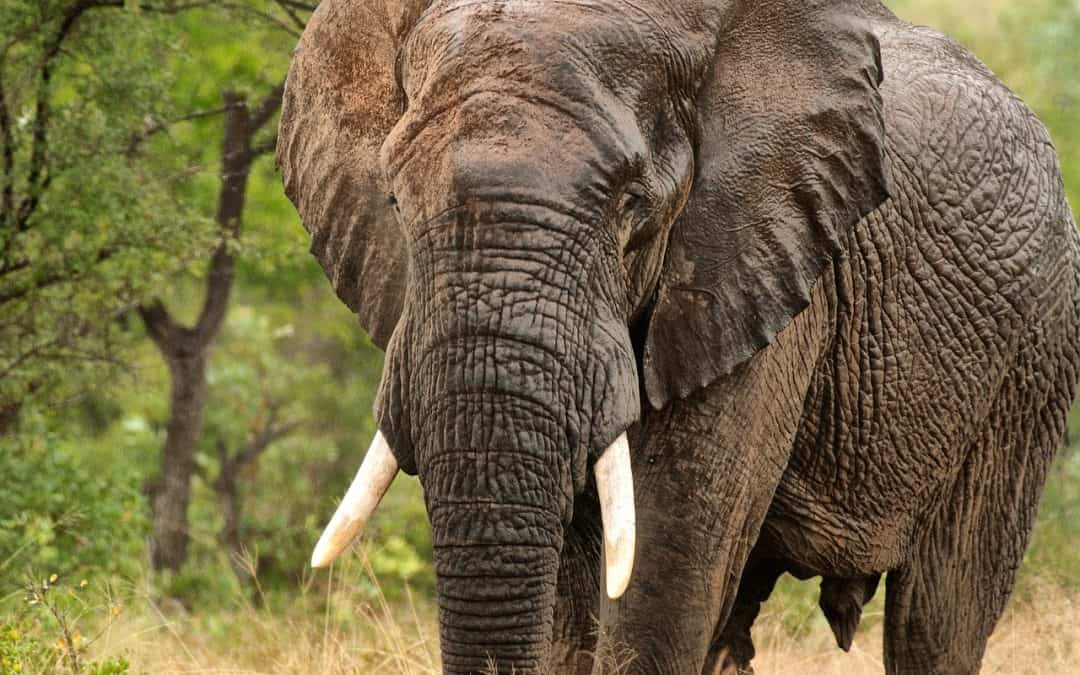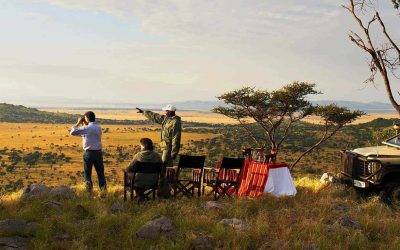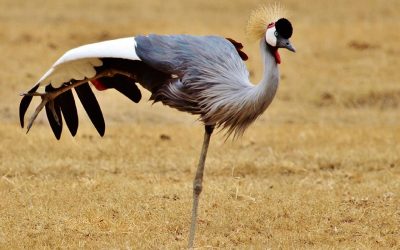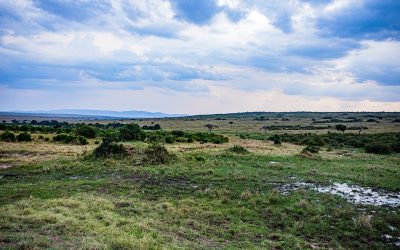Imagine yourself surrounded by the breathtaking landscapes of the Moyowosi-Kigosi Game Reserves, ready to embark on an exhilarating hunting adventure. With its diverse wildlife and vast wilderness, this conservation area in Tanzania offers a unique and thrilling experience for avid hunters. From majestic elephants to elusive leopards, you will have the opportunity to track and observe a wide range of game species while immersing yourself in the beauty of nature. So, grab your gear and get ready to unleash your inner hunter in one of Africa’s most captivating destinations.
Location and Description
Geographical location
Moyowosi-Kigosi Game Reserves are located in the western part of Tanzania, in East Africa. Stretching across an area of approximately 6,000 square kilometers, these reserves are nestled between the Moyowosi and Kigosi rivers, contributing to their rich biodiversity and stunning landscapes.
Physical features
The Moyowosi-Kigosi Game Reserves boast diverse physical features that enchant both wildlife enthusiasts and visitors seeking a unique experience. The landscape varies from vast savannah plains to dense woodlands and meandering rivers. The reserves are also home to scattered hills and rocky outcrops, offering an awe-inspiring backdrop for hunting expeditions.
Wildlife diversity
Moyowosi-Kigosi Game Reserves are renowned for their remarkable wildlife diversity. The region’s rich ecosystems support a wide range of species, making it a paradise for hunters and nature lovers alike. You can expect to encounter an abundance of iconic African species, including elephants, lions, buffalos, leopards, and various antelope species. The reserves attract both local and migratory birds, adding to the incredible biodiversity of the area.
History of Hunting in Moyowosi-Kigosi
Early hunting practices
Hunting has been an integral part of the history and culture of the Moyowosi-Kigosi region for centuries. Indigenous communities relied on hunting for sustenance and to protect their livestock from predators. They practiced traditional hunting methods, using spears, bows, and arrows.
Establishment of game reserves
Recognizing the need for conservation and sustainable hunting practices, the Tanzanian government established the Moyowosi-Kigosi Game Reserves in the 1990s. These reserves aimed to protect and preserve the region’s diverse wildlife populations, while also allowing for regulated hunting activities.
Evolution of hunting regulations
Over time, hunting regulations in Moyowosi-Kigosi have evolved to ensure the long-term viability of both wildlife populations and the local communities. The government introduced stricter controls, such as hunting quotas and seasonal restrictions, to maintain ecological balance and prevent overexploitation. The establishment of ethical hunting guidelines also played a crucial role in sculpting sustainable hunting practices.
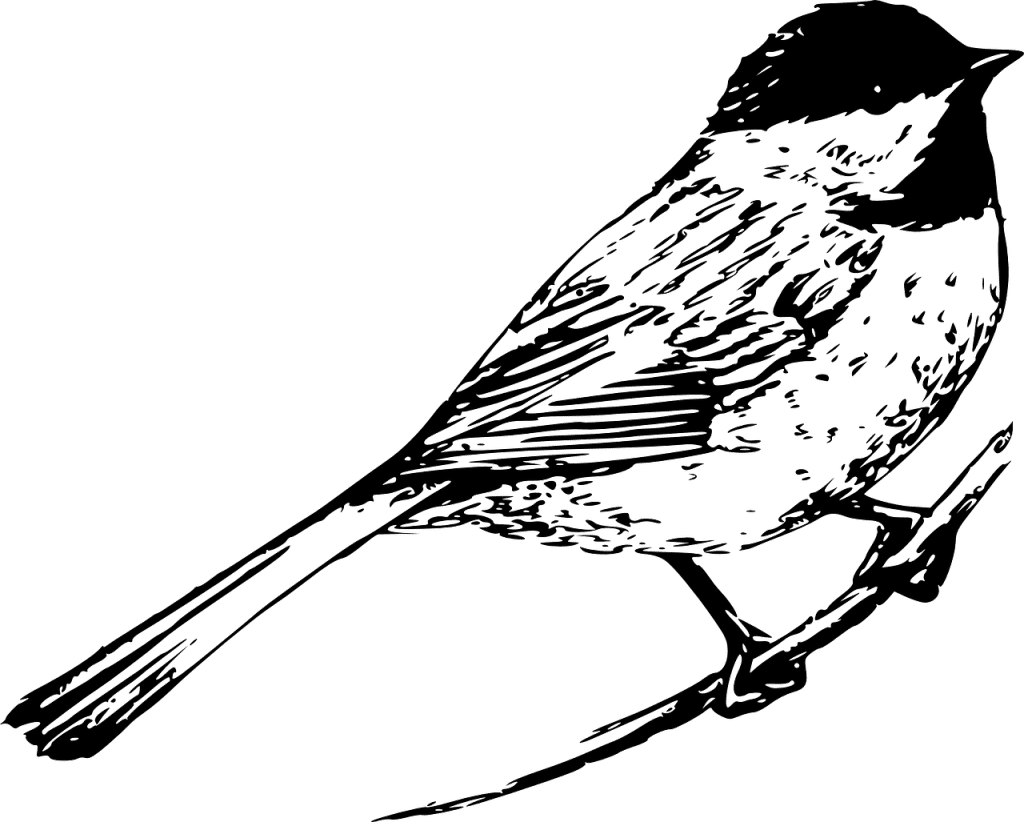
Hunting Permits and Regulations
Types of hunting permits available
Moyowosi-Kigosi Game Reserves offer various types of hunting permits to cater to the diverse preferences of hunters. These permits include those for big game hunting, trophy hunting, and game bird hunting. Each permit grants different privileges and imposes specific restrictions, ensuring the sustainable utilization of the reserves’ resources.
Application process
Obtaining a hunting permit for Moyowosi-Kigosi requires submitting an application to the relevant authorities. The application process involves providing personal information, specifying the desired hunting period and species, and paying the necessary fees. It is advisable to engage with local hunting outfitters or professional guides familiar with the region to navigate the application process seamlessly.
Restrictions and requirements
To safeguard the wildlife and preserve the integrity of the reserves, hunters must adhere to strict restrictions and requirements. These include complying with hunting quotas, using licensed guides, respecting designated hunting areas, and following ethical hunting practices. Additionally, hunters must possess valid firearms licenses and adhere to all local and national laws pertaining to hunting.
Ethical hunting guidelines
Moyowosi-Kigosi Game Reserves prioritize ethical hunting practices, promoting fair chase and the humane treatment of animals. Hunters are expected to show respect for the animals they pursue, avoiding unnecessary suffering. They must aim for clean and accurate shots and avoid taking risky shots that may injure the animal without guaranteeing a swift, clean kill. Conservation and preservation of the ecosystem form the backbone of these ethical guidelines, ensuring the long-term sustainability of hunting in the region.
Popular Game Species for Hunting
Lion
Moyowosi-Kigosi is renowned for its lion populations, offering hunters the opportunity to engage in responsible lion hunting under regulated conditions. Hunting lions requires a specific permit and must follow strict guidelines to ensure conservation efforts are respected and upheld.
Elephant
The majestic elephants of Moyowosi-Kigosi draw hunters from around the world. Hunting these incredible giants provides a unique and challenging experience, requiring skilled marksmanship and deep respect for the animal. Strict quotas and regulations govern elephant hunting to keep populations thriving.
Buffalo
Buffalo hunting in Moyowosi-Kigosi is a thrilling adventure. African buffalos are known for their strength and cunning, providing an exciting challenge for hunters. Hunting these mighty creatures demands a combination of patience, accuracy, and respect for the animal’s power.
Leopard
The elusive leopard is a highly sought-after game species in Moyowosi-Kigosi. Renowned for its stealth and adaptability, hunting a leopard requires exceptional tracking skills and a deep understanding of its behavior. As with other big game species, hunting leopards is strictly regulated to ensure their long-term survival.
Antelope
Moyowosi-Kigosi Game Reserves are teeming with diverse antelope species, providing ample opportunities for antelope hunting. From the graceful impala to the majestic sable antelope, hunters can engage in thrilling pursuits while contributing to the conservation of these remarkable animals.
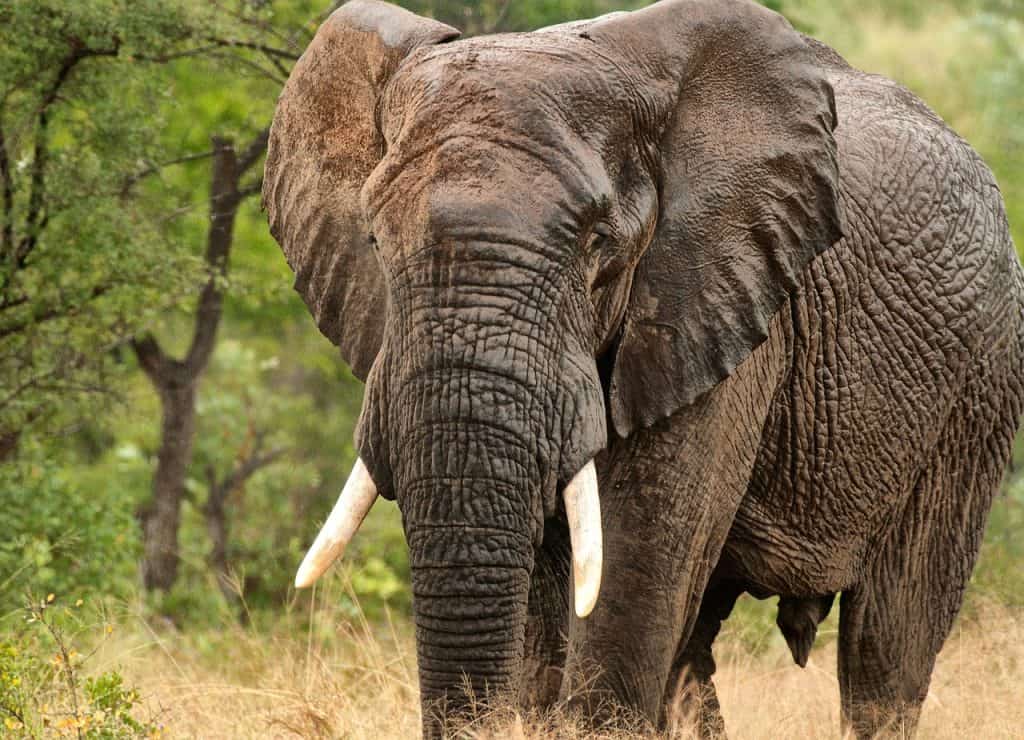
Hunting Methods and Techniques
Spot and stalk
Spot and stalk is a commonly employed hunting method in Moyowosi-Kigosi. It involves scanning the vast landscape for game animals, identifying a target, and then silently approaching on foot. This technique requires a combination of patience, keen observation, and stealth to ensure a successful outcome.
Blind or hide hunting
Blind or hide hunting involves constructing a concealed structure, known as a blind or hide, near a location frequented by game animals. The hunter then waits patiently for the chosen animal to come within range before taking a shot. This method is particularly effective for species that frequent specific areas or watering holes.
Calling and decoying
Calling and decoying is a technique commonly used for hunting certain game species. By imitating the sounds of female animals or using decoys to attract a specific species, hunters lure their targets within range for a precise shot. This method requires a deep understanding of the animal’s behavior and vocalizations.
Tracking
Tracking is an age-old hunting method that requires exceptional skills and knowledge of animal behavior. Hunters follow the tracks, droppings, and other signs left by the targeted animal, reading the landscape and predicting its movements. Successful tracking demands patience, sharp observation, and the ability to interpret subtle clues.
Guided Hunting Safaris
Benefits of guided safaris
Embarking on a guided hunting safari in Moyowosi-Kigosi provides numerous advantages for both experienced and novice hunters. Professional guides offer invaluable expertise, ensuring hunters’ safety, maximizing hunting opportunities, and promoting ethical hunting practices. By choosing a guided safari, hunters can enhance their overall experience while contributing to the conservation efforts of the region.
Role of professional hunting guides
Professional hunting guides play a crucial role in Moyowosi-Kigosi, acting as mentors, educators, and guardians of the wildlife. They possess extensive knowledge of the reserves, animal behavior, and hunting regulations, guaranteeing a safe and ethical hunting experience for their clients. These guides also assist hunters in selecting appropriate targets, tracking game, and providing essential advice throughout the safari.
Selection of outfitters and guides
When planning a hunting trip to Moyowosi-Kigosi, it is essential to choose reputable outfitters and guides who prioritize ethical hunting practices and conservation. Researching outfitters’ track records, client reviews, and compliance with local regulations will help ensure a memorable and responsible hunting experience.
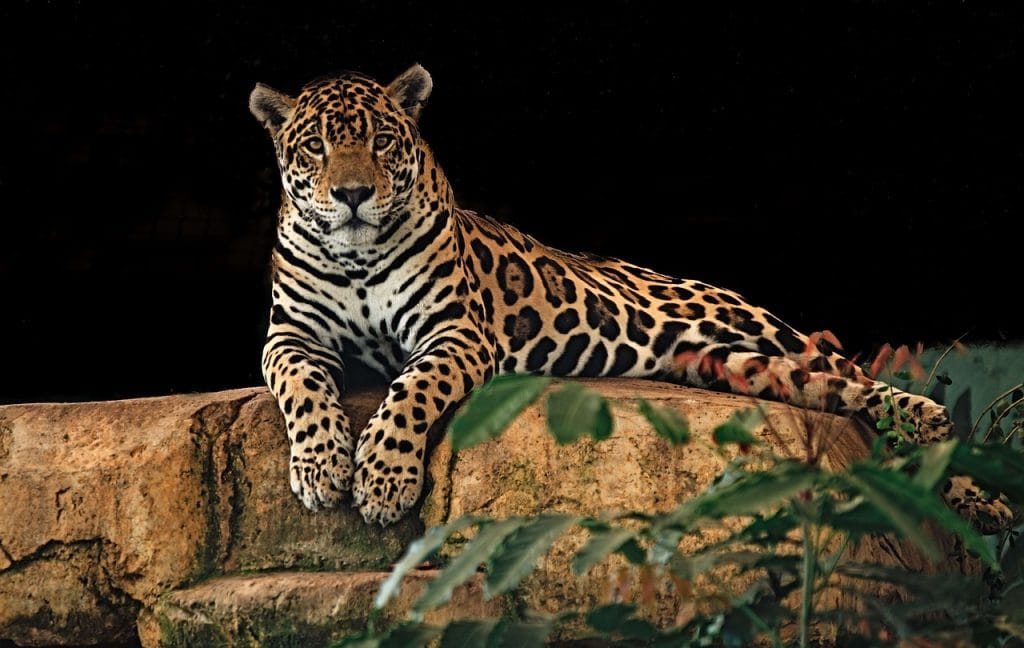
Conservation and Sustainable Hunting Practices
Role of hunting in conservation
Hunting plays a significant role in conservation efforts within Moyowosi-Kigosi Game Reserves. Revenue generated from hunting permits and fees supports crucial conservation initiatives, funding anti-poaching measures, habitat restoration, and wildlife management programs. By carefully managing hunting quotas, authorities can regulate wildlife populations, ensuring the long-term conservation of species while providing sustainable hunting opportunities.
Hunting quotas and management
Setting hunting quotas is an integral part of maintaining a balanced ecosystem and preventing overhunting. Scientific research and monitoring are conducted to determine sustainable hunting limits for each species, taking into account factors such as population dynamics, habitat health, and social structure. Authorities enforce these quotas through rigorous monitoring and collaboration with local communities and hunters to promote responsible and sustainable hunting practices.
Anti-poaching efforts
Illegal poaching poses a considerable threat to wildlife populations in Moyowosi-Kigosi. To combat this issue, dedicated anti-poaching units work tirelessly to protect the reserves and their inhabitants. Through a combination of surveillance, patrols, and community engagement, these efforts strive to minimize illegal hunting activities and preserve the region’s natural heritage.
Community involvement and benefits
Conservation initiatives in Moyowosi-Kigosi actively involve local communities to ensure their support and participation. Through revenue sharing programs and employment opportunities, communities benefit directly from hunting activities, fostering a sense of ownership and responsibility for the reserves. By recognizing the importance of wildlife to their livelihoods, communities become vital allies in the fight against unsustainable hunting practices and poaching.
Challenges and Controversies
Impact of illegal poaching
Illegal poaching remains a significant challenge for Moyowosi-Kigosi Game Reserves. Poachers target iconic species for their valuable body parts, threatening the delicate balance of the ecosystem. Authorities, conservation organizations, and local communities work together to combat this threat, implementing strict measures and raising awareness to protect the region’s wildlife heritage for future generations.
Conflicts with local communities
Occasionally, tensions can arise between hunting activities and local communities in Moyowosi-Kigosi. It is vital for authorities and stakeholders to address concerns and engage in dialogue with communities to find mutually beneficial solutions. By involving local communities in decision-making processes and providing tangible benefits from hunting activities, conflicts can be minimized, and conservation efforts reinforced.
Trophy hunting debates
Trophy hunting, particularly of certain species, remains a controversial topic worldwide. While proponents argue that well-regulated trophy hunting can contribute to conservation and local economy, opponents believe that it encourages unethical practices and undermines conservation efforts. Moyowosi-Kigosi faces ongoing debates and discussions surrounding trophy hunting, requiring careful deliberation and consideration of all perspectives.
Hunting Lodges and Accommodation
Luxury lodges and camps
Moyowosi-Kigosi Game Reserves offer a range of luxury lodges and camps to cater to the needs and preferences of discerning hunters. These accommodations blend seamlessly with the natural surroundings, offering comfort, exclusivity, and breathtaking views of the reserves. Luxury lodges and camps provide amenities such as spacious rooms, gourmet dining options, swimming pools, and relaxation areas, ensuring a tranquil and rejuvenating experience after a day of hunting.
Facilities and amenities
Hunting lodges and camps in Moyowosi-Kigosi pride themselves on providing exceptional facilities and amenities for their guests. Safari vehicles, game-viewing platforms, and well-equipped shooting ranges are available to enhance the hunting experience. Additionally, lodges offer services such as laundry, airport transfers, internet connectivity, and on-site staff to cater to visitors’ every need, ensuring a seamless and enjoyable stay.
Ecotourism opportunities
Moyowosi-Kigosi Game Reserves offer more than just hunting experiences. Ecotourism opportunities abound, allowing visitors to explore the stunning landscapes, observe wildlife in their natural habitats, and immerse themselves in the rich culture of the region. Guided nature walks, birdwatching expeditions, and cultural visits provide alternative experiences for those seeking to appreciate the reserves’ remarkable biodiversity without partaking in hunting activities.
Planning a Hunting Trip
Choosing the right time to visit
Selecting the ideal time to visit Moyowosi-Kigosi depends on various factors, including weather conditions and the availability of specific game species. The dry season, from May to October, is typically considered the best time for hunting due to favorable weather and better wildlife visibility. However, consulting with experienced outfitters or professional guides can help hunters tailor their trips to align with their specific interests and objectives.
Weather conditions
The Moyowosi-Kigosi region experiences distinct wet and dry seasons. The dry season, characterized by warm and sunny days, offers excellent hunting conditions. From November to April, the wet season brings occasional rain showers, which can make hunting more challenging. It is crucial to consider weather conditions when planning a hunting trip, as they can affect visibility, animal movement, and overall comfort.
Required equipment and gear
When preparing for a hunting trip to Moyowosi-Kigosi, it is essential to pack the appropriate equipment and gear. This includes high-quality firearms, ammunition, hunting knives, camping gear, suitable clothing and footwear, binoculars, range finders, and camera equipment. It is advisable to consult with professional guides or outfitters to ensure all necessary equipment is available and compliant with local regulations.
Health and safety considerations
Hunting in Moyowosi-Kigosi requires careful attention to health and safety considerations. It is essential to consult with medical professionals or travel clinics to receive appropriate vaccinations and medications for the region. It is also crucial to adhere to safety protocols and guidelines provided by guides and outfitters, ensuring a safe and memorable hunting experience.
In conclusion, Moyowosi-Kigosi Game Reserves offer a unique and rewarding hunting experience in a stunning African landscape. With its remarkable biodiversity, well-established hunting regulations, and commitment to conservation, the region provides hunters with an opportunity to engage in responsible and sustainable hunting practices. By embracing ethical guidelines, supporting regulation efforts, and prioritizing community involvement, hunters can contribute to the conservation of Moyowosi-Kigosi’s wildlife for generations to come. So pack your gear, engage with professional guides, and embark on an unforgettable hunting adventure in Moyowosi-Kigosi Game Reserves.

